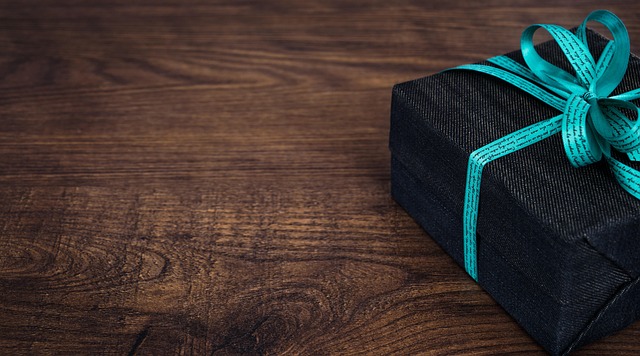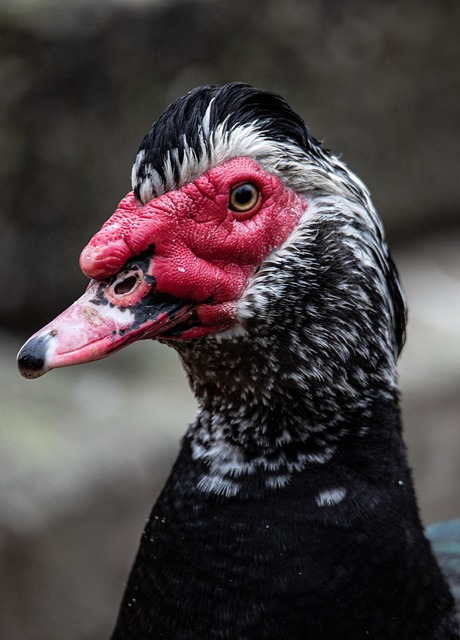Warts vary in type and appearance, with common, plantar, flat, and filiform types. Effective home remedies and professional medical treatments like cryotherapy and laser therapy offer complete wart removal packages. Natural remedies like essential oils and apple cider vinegar are gentle alternatives, with success rates varying among individuals. After successful removal, proper aftercare prevents recurrence, including keeping the area clean, dry, and protected. Good hygiene practices and avoiding contaminated surfaces prevent new warts.
Looking for a comprehensive guide to effective home remedies for warts? This article offers a detailed review of natural treatments, providing a complete wart removal package. From understanding wart causes and common types to exploring essential oils and plant-based cures, we cover it all. Additionally, we offer essential aftercare tips to prevent recurrence. Dive into this guide to discover proven solutions for safe and effective wart elimination right at home.
- Understanding Warts: Causes and Common Types
- Natural Treatments: A Comprehensive Overview
- Home Remedies: Effective Solutions for Removal
- Essential Oils and Plant-Based Cures
- Preventing Recurrence: Aftercare and Tips
Understanding Warts: Causes and Common Types

Warts are common skin growths caused by certain types of human papillomavirus (HPV). They can appear anywhere on the body but are often found on the hands and feet. Understanding the causes and types of warts is crucial when considering home remedies for complete wart removal.
There are several types of warts, each with distinct characteristics. Common warts, also known as verrucae, are rough, flesh-colored bumps that can appear anywhere on the body. They are usually harmless but may cause discomfort or pain. Plantar warts grow on the soles of the feet and can be more painful, leading to a feeling of hard lumps or threads under the skin. Other types include flat warts, which are small, smooth, and often found on the face, and filiform warts, long and thin growths that can appear around the nails or mouth. The Canterbury Wart Clinic, for instance, offers specialized treatments for all these common varieties of warts, as well as those located in hard-to-reach areas like Lancashire Preston and Essex Southend-on-Sea.
Natural Treatments: A Comprehensive Overview

Natural Treatments: A Comprehensive Overview
When it comes to addressing warts, many people turn to home remedies as a gentler and more cost-effective alternative to medical treatments. The market is saturated with various products claiming complete wart removal packages, but not all options are created equal. From essential oils like tea tree and lavender to topical applications of apple cider vinegar and garlic extracts, these natural solutions offer a range of benefits. For instance, essential oils have antimicrobial properties that can help combat the viral infection causing warts, while garlic is known for its immune-boosting qualities, aiding in the body’s defense against the virus.
Private wart removal services like those offered in Doncaster, Liverpool, and Blackburn Wart Clinic cater to individuals seeking discreet and effective solutions. These clinics often provide a range of treatments, from cryotherapy (freezing) to laser therapy and surgical excision. While these professional options may be more intensive, they offer high success rates and are suitable for various wart types. Understanding the strengths and limitations of natural versus medical interventions is key to making an informed decision about managing warts effectively.
Home Remedies: Effective Solutions for Removal

Home remedies have long been a go-to for those seeking complete wart removal, offering an alternative to medical treatments. While over-the-counter options are available, many turn to natural solutions for their effectiveness and ease of access. One popular method involves applying apple cider vinegar, known for its acetic acid content, which can help dissolve the wart over time. Soaking the affected area in warm water with a few drops of vinegar daily can be an easy, at-home procedure.
Another promising remedy is using duct tape. This simple, yet somewhat unconventional approach involves covering the wart with duct tape for several days, then filing away the dead skin. Private wart removal clinics, such as those in London or Sheffield, often recommend this method due to its accessibility and potential for success. While these home remedies may not suit everyone, they offer a gentle and cost-effective way to manage warts before considering more intensive treatments. For example, a Guildford wart clinic might guide patients through these steps as part of their comprehensive wart removal package.
Essential Oils and Plant-Based Cures

Essential oils and plant-based cures have long been considered effective home remedies for warts. Some of these natural treatments include tea tree oil, known for its antiviral properties, and lavender oil, which can help in soothing the skin and promoting healing. Plant-based options such as apple cider vinegar and banana peels are also popular choices. These remedies offer a gentle and non-invasive approach to wart removal, making them appealing alternatives to over-the-counter or clinical treatments.
For those seeking complete wart removal packages, many natural products combine several of these essential oils and plants into one powerful formula. While not all natural remedies work for everyone, as demonstrated by the varying success rates at clinics like the Wart Removal Coventry and Lancashire Preston clinic, many people find them effective and prefer their ease of use and lack of side effects compared to conventional treatments.
Preventing Recurrence: Aftercare and Tips

After successfully removing warts with a complete wart removal package, it’s essential to follow proper aftercare instructions to prevent recurrence. Wart removal Kent Gillingham methods can vary in terms of pain levels, so ensure you choose a safe and comfortable option for future treatments. One crucial step is to keep the treated area clean and dry; avoid scratching or touching the skin, as this can introduce new viruses and lead to re-infection.
Additional tips include applying over-the-counter ointments or creams to protect the skin and prevent irritation. Consider using a bandage to shield the wart from rough surfaces, especially during sleep. Regularly check the treated area for any signs of new warts or changes in appearance. If you notice any symptoms of re-growth or infection, seek medical advice promptly. Effective prevention involves maintaining good hygiene practices and avoiding contact with contaminated surfaces or individuals.
In summary, understanding warts and their causes is the first step towards effective management. Natural treatments offer a gentle and holistic approach, while home remedies provide accessible solutions for complete wart removal. Essential oils and plant-based cures further enhance these methods. After successfully removing warts, adopting preventive measures such as proper aftercare and following tips to avoid recurrence ensures long-lasting results. With the right combination of these strategies, you can achieve a smooth, wart-free skin without resorting to harsh chemicals.
